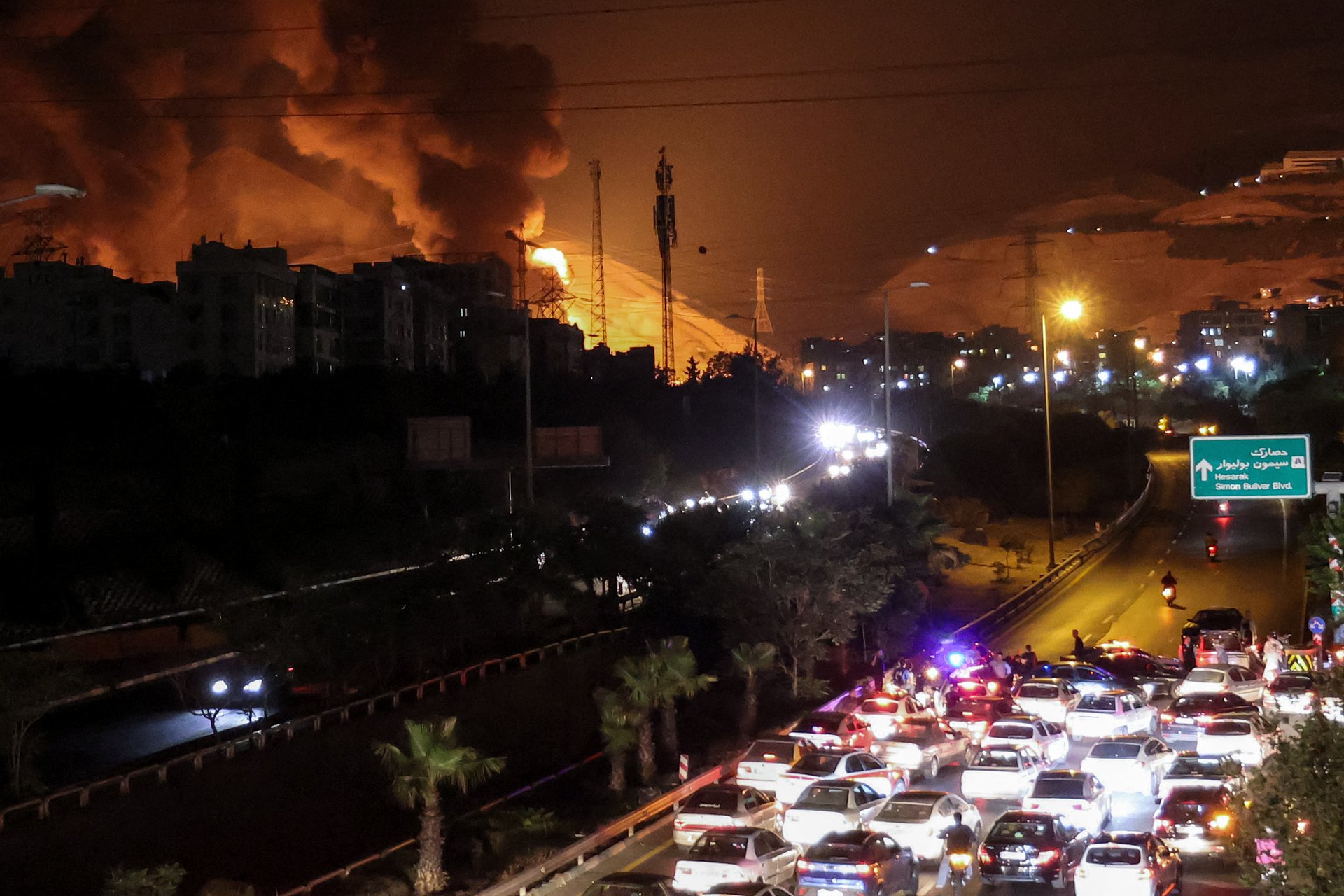Gas prices rise as war between Israel and Iran escalates
The increases are incremental for now, but a supply disruption in the Strait of Hormuz could make costs soar

Photo: Atta Kenare (Getty)
Death and destruction in the Middle East have meant rising gas prices in the U.S.
Suggested Reading
Data from GasBuddy, compiled from more than 150,000 gas stations across the U.S., reports that the average price has gone up 1.1 cents to $3.08 per gallon since Israel and Iran started bombing each other on June 13, although that is still 9.5 cents lower than in May and 32.7 cents lower than this time last year. Diesel prices went up four cents in the last week.
Related Content
Gas is most expensive in California, Hawaii and Washington; it is cheapest in Mississippi, Tennessee and Oklahoma. The biggest increases in the last week were found in Indiana, Virginia, West Virginia, and Pennsylvania. Prices in Florida fell 11.4 cents.
“As long as tensions in the Middle East continue to escalate, the risk of further impacts on oil prices remains high,” said Patrick De Haan, head of petroleum analysis at GasBuddy. “For now, I expect gas prices could rise by 10 to 20 cents, while diesel could climb 15 to 25 cents in the coming days."
De Haan added that “the situation has the potential to worsen at any moment.”
Though both countries have targeted oil refineries, no supply has yet been disrupted. The biggest concern is if Iran were to block access to the Strait of Hormuz, which connects the Persian Gulf to the Arabian Sea, through which one-third of global seaborne oil passes through.
ING analysts predict that this would bump prices by $120 a barrel, though it might not be in Iran’s strategic interest to do so — particularly due to the risk of angering its biggest customer, China.
In the meantime, U.S. consumers will be subject to a “risk premium,” UBS commodities analyst Giovanni Staunovo told GasBuddy. “Risk premia tend to fade if there are no disruptions,” he added.
